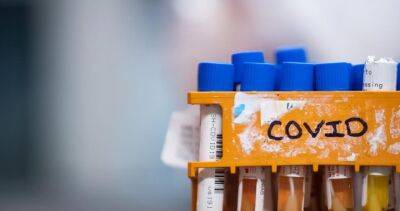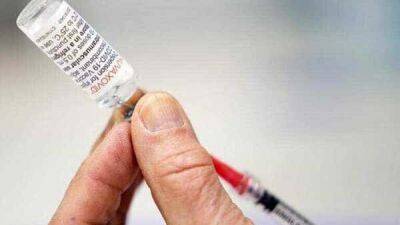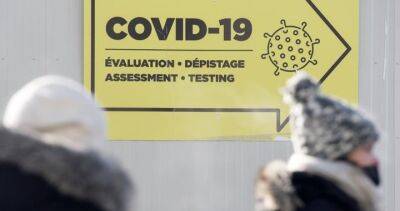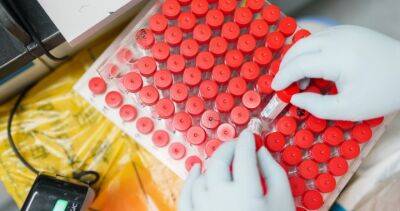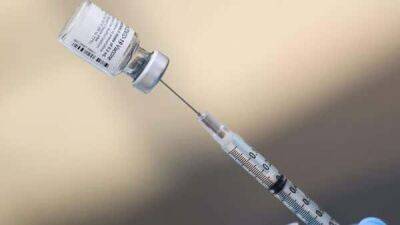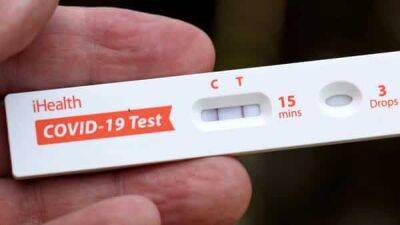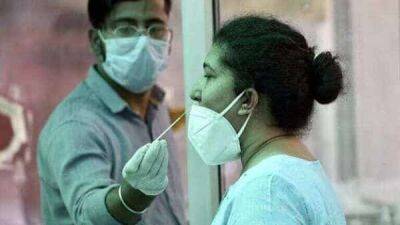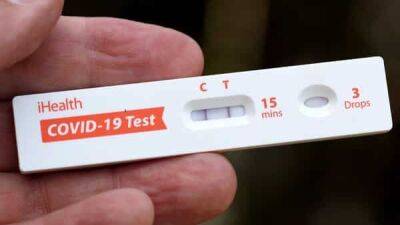Omicron can infect you even after taking COVID booster dose: Here's Why
Mirage News. “Our study suggests those same antibodies yield less ACE2 inhibition with the omicron strain, opening the door to a breakthrough COVID-19 infection." The research findings was first posted online April 7, 2022 in the Journal of Clinical Investigation Insights.
For this study, the team analyzed both the humoral (SARS-CoV-2 specific antibodies circulating in the bloodstream and produced by B lymphocytes, or B cells) and cellular (direct attack on the virus by T lymphocytes, or T cells) immune responses in 18 vaccinated individuals.
Fourteen participants received a booster of the Pfizer vaccine, one was boosted with the Moderna vaccine. And the three others had an mRNA booster following their initial dose of the Johnson & Johnson viral vector vaccine. “When we tested antibody-mediated inhibition of SARS-CoV-2 spike protein binding to ACE2, we found that serum from study participants with breakthrough COVID-19 – most likely the result of omicron infection – had antibodies that strongly stopped binding by the original strain virus as expected but didn’t carry out that function as well when responding to the omicron strain," says Blankson.
The levels of antibodies that inhibited spike protein binding to ACE2 – high for original strain virus but reduced for omicron – were similar for both the participants with breakthrough infections and those in the control group.
Read more on livemint.com














